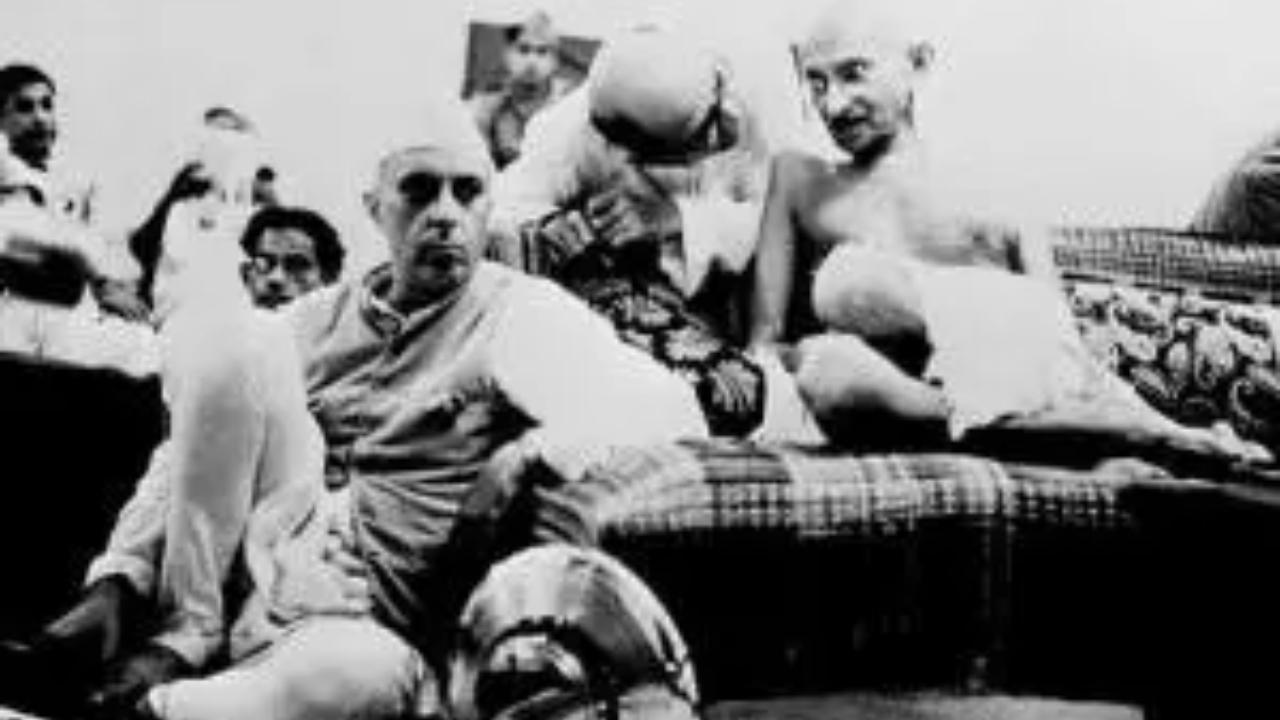On August 8, 1942, Mahatma Gandhi launched the Quit India Movement, demanding an end to British rule and occupation

File Pic
As India commemorates the historic Quit India Movement Day, we delve into five intriguing acts of defiance that shaped the course of the struggle against colonial rule. This movement, also known as the "August Kranti," marked a turning point in India's quest for freedom from British colonialism.
ADVERTISEMENT
1. The Call to Quit India:
On August 8, 1942, Mahatma Gandhi launched the Quit India Movement, demanding an end to British rule and occupation. His stirring call to "Do or Die" rallied millions of Indians across the country to unite against colonial oppression. This event ignited a wave of civil disobedience and nonviolent resistance, showcasing the power of collective determination.
2. Nonviolent Persistence:
The Quit India Movement adopted a strategy of nonviolent resistance, echoing the teachings of Mahatma Gandhi. Citizens boycotted British institutions, participated in strikes, and peacefully protested against the oppressive policies. This approach demonstrated India's commitment to achieving freedom through peaceful means, despite facing harsh crackdowns from the colonial authorities.
3. Underground Revolution:
As the movement gained momentum, many leaders went underground to avoid arrest. The underground network of activists continued to operate, disseminating information, organizing protests, and inspiring the masses. This covert operation showcased the resilience and resourcefulness of the Indian people in the face of adversity.
4. The Historic August 9, 1942 Resolution:
On August 9, 1942, the All-India Congress Committee passed a historic resolution, demanding the British rulers "Quit India." This resolution laid out a comprehensive plan for India's future governance, emphasizing the establishment of a sovereign, democratic state. The document provided a blueprint for the nation's aspirations beyond colonial rule.
5. Women's Role in the Movement:
The Quit India Movement witnessed the active participation of women, who played a vital role in the struggle. Women joined protests, picketed foreign-owned shops, and marched alongside men in defiance of colonial rule. Their unwavering commitment and sacrifices underscored the movement's inclusive nature and highlighted the pivotal role of women in India's fight for independence.
 Subscribe today by clicking the link and stay updated with the latest news!" Click here!
Subscribe today by clicking the link and stay updated with the latest news!" Click here!







